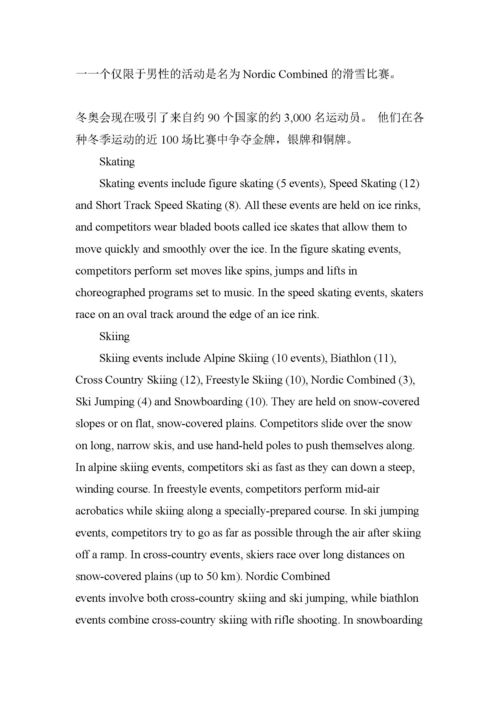关于图书馆英语作文
The Importance of Libraries in Primary School Education
内容:
Introduction:
In today's modern society, where technology has become so dominant, libraries still hold a significant place in the lives of students, especially in the field of education. This essay aims to discuss the importance of libraries in primary school education and provide insights into how they can help improve language skills and foster a love for reading.
Paragraph 1: Developing Language Skills
Libraries play a crucial role in enhancing language skills among primary school students. By providing a wide range of books and resources, libraries expose young learners to different styles of writing, vocabulary, and grammar. Through regular visits to the library, students can expand their vocabulary, improve their grammar, and develop their language fluency. This exposure to a variety of reading materials helps students develop critical thinking, analytical skills, and allows them to express themselves more effectively in written and oral communication.

Paragraph 2: Cultivating a Love for Reading
Libraries serve as a hub for promoting a love for reading among young learners. It offers a diverse collection of books, including fiction, nonfiction, poetry, and picture books that cater to the various interests and reading levels of students. By encouraging students to explore different genres and authors, libraries help them discover their reading preferences, which in turn motivates them to read more. Research has shown that children who regularly visit libraries tend to be more avid readers, which positively impacts their overall academic performance and broadens their knowledge base.
Paragraph 3: Resources for Research and Learning
Libraries provide primary school students with access to various resources to support their learning and research endeavors. From encyclopedias and reference books to online databases and research journals, libraries offer a wealth of information beyond what is available in textbooks. This access to a broader range of resources equips students with the necessary tools to conduct indepth research, explore new topics and expand their knowledge beyond the classroom curriculum.
Paragraph 4: Developing Information Literacy Skills
As technology continues to evolve, it is becoming increasingly important for students to possess strong information literacy skills. Libraries play a pivotal role in teaching children how to navigate and evaluate information effectively. Librarians can guide students in discerning reliable sources, teaching them how to critically analyze information, and encouraging them to think independently. These skills are paramount in the digital age, ensuring students can separate fact from fiction and make informed decisions.
Conclusion:
In conclusion, libraries have a significant impact on primary school education. They not only help enhance language skills and cultivate a love for reading but also provide resources for research and learning. Additionally, libraries play a vital role in developing information literacy skills, which are crucial in today's fastevolving technological landscape. Therefore, it is imperative that schools continue to prioritize the establishment and maintenance of libraries to nurture wellrounded, lifelong learners.










